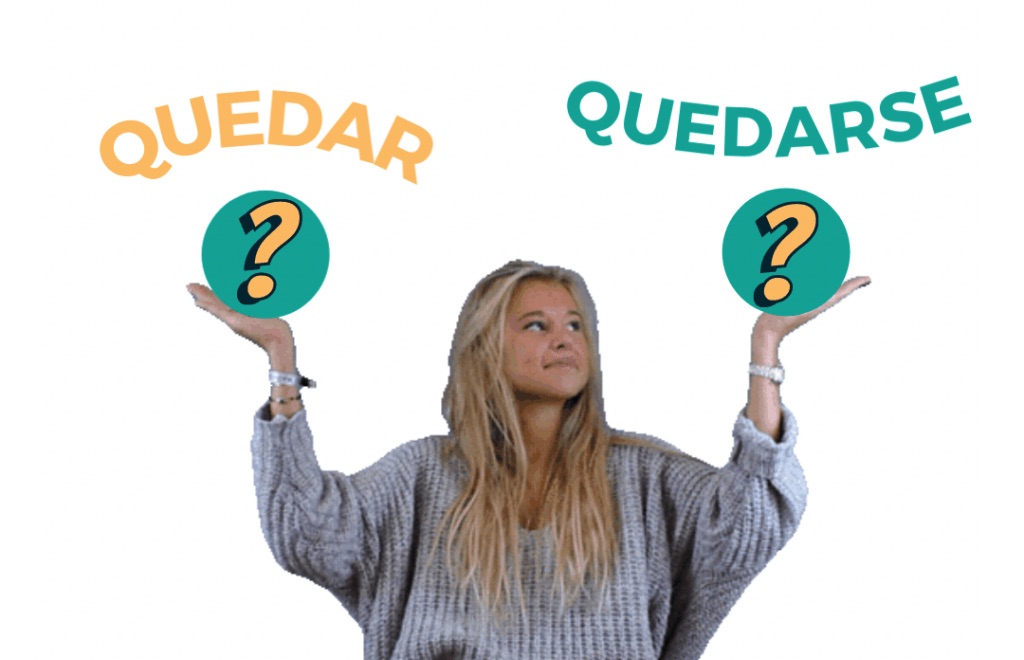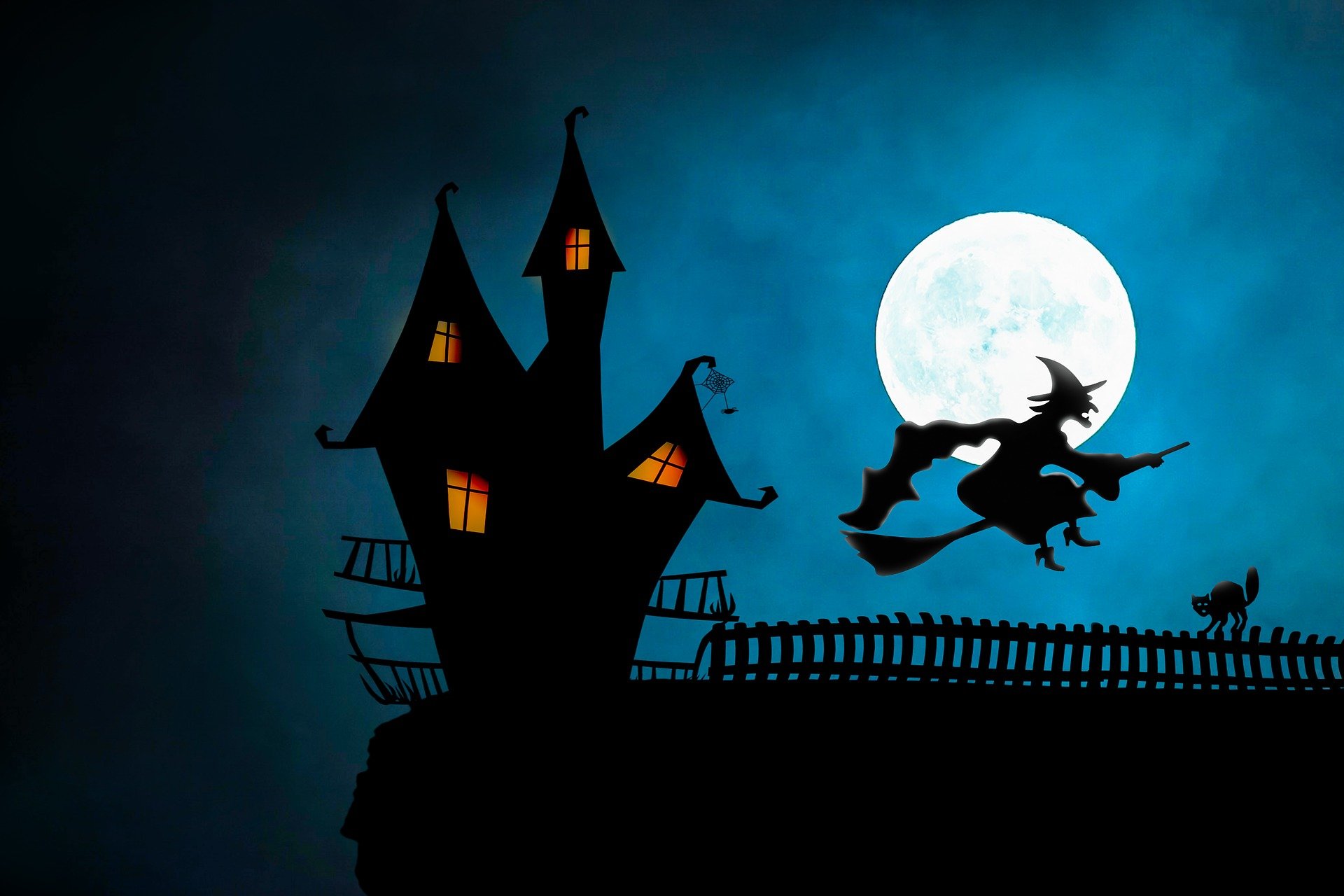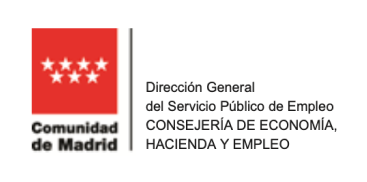Introduction
The verb “quedar” is undoubtedly one of the most versatile and frequently used verbs in Spanish. Often accompanied by its pronominal form “quedarse”, it holds numerous meanings that can sometimes pose a challenge for Spanish learners. But fear not! We’re here to guide you through its various uses and nuances in this comprehensive post. Ready to master this essential verb?
1. Quedar > to have a date or appointment
We employ the verb “quedar” to express having a date or appointment with someone. This can be used in both informal and slightly formal contexts and is typically followed by the preposition “con”.
• El domingo quedé con mi madre para comer en un italiano.
• He quedado con mi hermana para ir al cine el próximo finde.
2. Quedarse > to remain in a place, to stay
Here, the pronominal form “quedarse” is used, functioning reflexively akin to the verb “estar” (to be), indicating the state of remaining in a place.
• Los viernes por la noche siempre me quedo en casa, no me gusta salir de fiesta.
• Estas vacaciones nos quedamos en un hotel precioso que tenía piscina.
• Parece que va a llover, mejor nos quedamos en casa y cenamos aquí.
• Después de tener a mi hijo, casi todos los días me quedo en casa trabajando.
3. Quedar > to agree upon something
When coming to an agreement or making a decision together, we also use “quedar”, typically followed by the preposition “en”.
• Hemos quedado en que las clases serían los viernes.
• Quedamos en que el proyecto estaría listo en tres meses.
4. Quedar > to express the existence of a part of something
In this context, “quedar” signifies the presence or absence of something after an action has taken place. It is always used impersonally, conjugated only in the third person singular or plural.
• Pedimos tres pizzas y nos comimos casi todas, solo quedaron dos trozos.
• Queda un poco de melón en la nevera. ¿Puedo comérmelo?, tengo hambre.
• No queda leche ni zumo, ¿puedes ir al supermercado y comprar?
• Quedan cinco minutos para que llegue el autobús.
5. Quedar > to suit well or poorly
When discussing someone’s outfit, clothes, or accessories, “quedar” is used to express whether something looks good or bad on a person. Grammatically, it follows a structure similar to the verb “gustar”, using indirect object pronouns (me, te, le, nos, os, les).
• Al actor que ganó el Oscar le quedaba fatal el traje.
• ¡Qué bien te queda ese vestido!
• Me encantan esos pantalones. Te quedan fenomenal, pareces más alta.
6. Quedarse > to undergo a change of state
A common use of “quedarse” is to indicate a person or thing transitioning from one state to another. It can also refer to permanent physical states.
• Cuando tenía 25 años mi padre se quedó calvo.
• María se ha quedado embarazada, ¡qué sorpresa!
• Nos quedamos solos en la oficina hasta muy tarde, teníamos que terminar el trabajo.
Now it’s your turn!
Are you eager to continue practicing? We’ve prepared a quiz to help reinforce what you’ve learned. If you have any questions, recommendations, or simply want to share your thoughts, leave us a comment or send us a message. We’re here to support you on your journey to mastering Spanish!
Happy learning! ¡Feliz aprendizaje!












